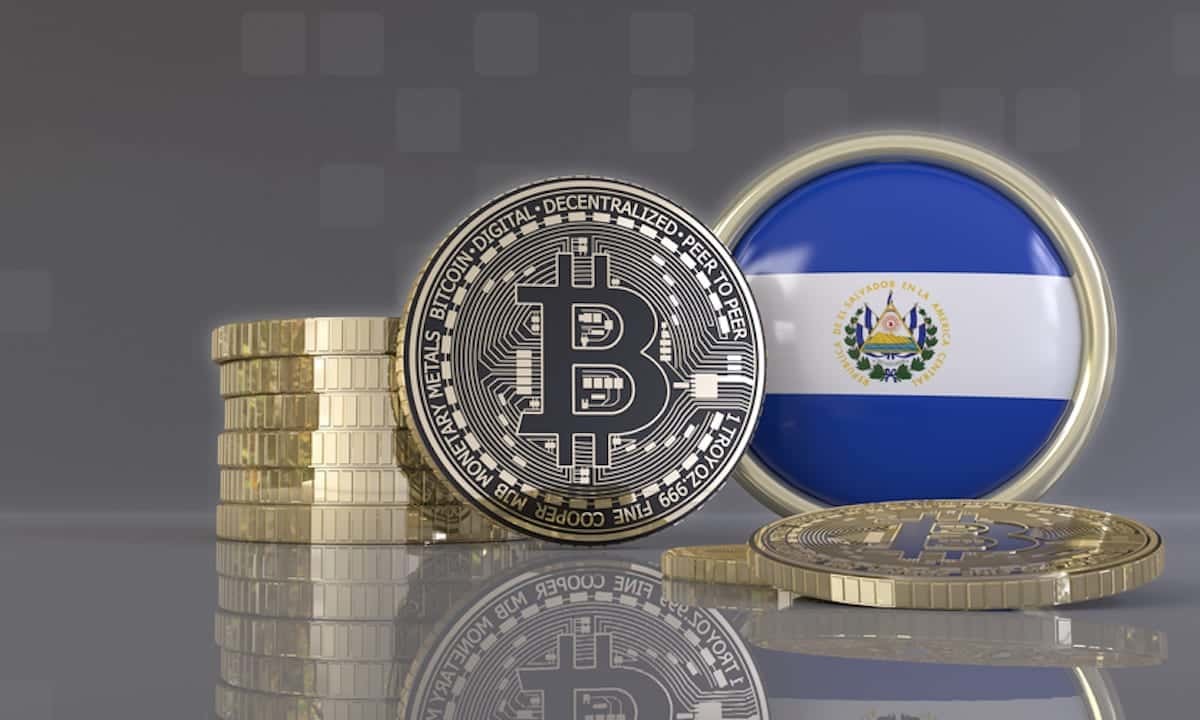The realm of cryptocurrencies to invest in have created as much global excitement as El Salvador’s choice to make Bitcoin official money in 2021. By 2025, the nation of Bitcoin Innovation and Regulation in Central America will find itself at a crucial juncture. Bitcoin Journey Balancing, After its most recent agreement with the International Monetary Fund (IMF), the ramifications for Bitcoin’s standing as well as the nation’s economy are more important than ever.
El Salvador’s Bitcoin Experiment
When El Salvador became the first nation in the world to accept Bitcoin as legal currency in June 2021, it made news. For its sizable immigrant population, the action sought to improve financial inclusion, boost economic growth, and lower remittance costs. Though first greeted with mistrust, the acceptance of Bitcoin was seen as a bold experiment with possibly far-reaching results.
But by 2025, the dynamics around Bitcoin and its use in Bitcoin Innovation and Regulation in El Salvador have changed dramatically. The latest agreement with the IMF, known for its dual nature, has significantly altered the country’s economic landscape and the role of Bitcoin in it. Examining the aftermath of its IMF agreement, most recent trends, and pragmatic consequences for its people and beyond, this paper investigates the present situation of Bitcoin in El Salvador.
El Salvador’s IMF Deal & Bitcoin’s Future
Following months of negotiations, El Salvador reached an agreement with the IMF targeted at obtaining a $1 billion loan to strengthen its economy, which confronted major obstacles like inflation and a massive national debt in early 2025. Strict rules on Bitcoin would be imposed by the nation, thereby matching its usage with conventional financial systems in hopes of stabilizing the economy and hence a vital component of this deal.

Though the future seems bright yet difficult, El Salvador provides evidence of how cryptocurrencies could revolutionize economies in front of changing public opinion and legislative environments. Bitcoin Journey Balancing. As this experiment progresses, viewers all around provide insights into how different countries should handle digital currencies in their economies.
Bitcoin in El Salvador
The influence of the IMF demanded a more ordered strategy to handle cryptocurrencies. Practically speaking, this entailed the development of rules emphasizing anti-money laundering (AML) and counter-terrorism financing (CTF) procedures concerning Bitcoin transactions. These rules sought to draw in reasonable investment and reduce the hazards connected to bitcoin volatility.
For example, the Salvadoran government instituted platforms and a registration system for Bitcoin wallets that demanded users follow financial rules and confirm their identities. Although these steps sought to validate the crypto sector, the public responded differently—many of them seeing them as an attack on the liberty that cryptocurrencies promised.
Bitcoin’s Evolving Role in El Salvador
Bitcoin use in El Salvador has kept changing despite legal obstacles. Initially embracing Bitcoin, local companies started to change with the times. While some choose to move to stablecoins or quickly convert Bitcoin to USD to avoid volatility, others keep accepting it as payment. Though with increasing caution, a recent survey revealed that almost 60% of Salvadoran stores still accepted Bitcoin.
Remittance businesses, reacting to the changing legal environment, have also created solutions that link traditional and Bitcoin systems so that Salvadorans living overseas may send money home more stably and safely. This flexibility reveals a significant trend: many industries are finding a harmonic coexistence with Bitcoin instead of total rejection of the cryptocurrency owing to governmental demands.
Bitcoin Innovation Growth in El Salvador
Using Bitcoin inside the new legal environment has reportedly helped several projects and companies in El Salvador declare success. In particular, Bitcoin Beach, a project started in a seaside town, has evolved into a representation of using Bitcoin for regional economic development. Local companies have profited from using Bitcoin, therefore demonstrating how cryptocurrencies may stimulate financial inclusion and creativity.
Furthermore, thanks to the IMF deal and better laws, a notable increase in interest from overseas investors has resulted in the founding of blockchain technology companies right here. Bitcoin Journey Balancing, Reflecting a larger trend whereby legislation stimulates rather than stifles innovation, investment in Bitcoin-related companies has generated employment and driven technological growth.
Summary
El Salvador’s path with Bitcoin remains a complicated story of regulation promise and pragmatism as we head toward 2025. The IMF agreement has brought in a period of more control that offers stability but also begs issues like freedom and innovation. Bitcoin Sell-Off Nears, Although the nation’s attitude toward Bitcoin has changed, the influence of this virtual money on the national economy is indisputable. The adoption of Bitcoin in El Salvador is a noteworthy case study illustrating the careful balance between guaranteeing economic stability and appreciating technical progress.


